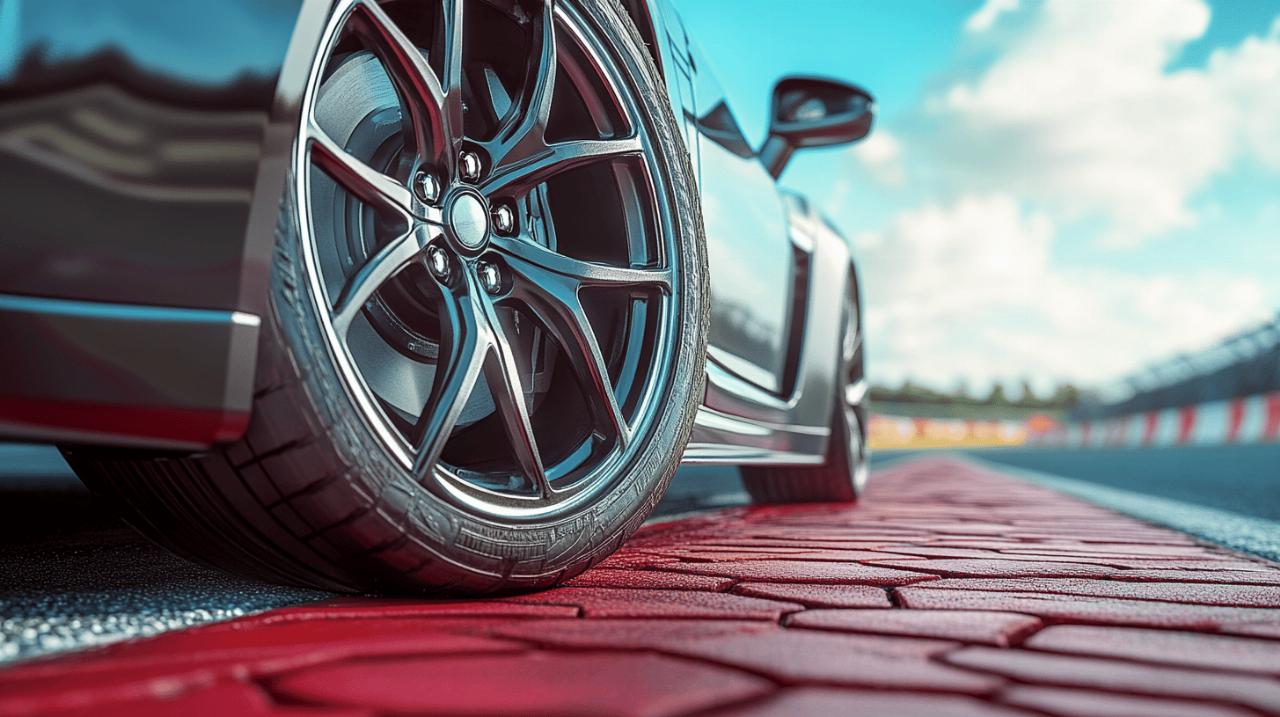The automotive industry is continually evolving, with tyre technology being a crucial component that affects both vehicle performance and ownership costs. Asian tyre manufacturers have emerged as significant players in the global market, offering compelling alternatives to traditional Western brands. Understanding the balance between price and performance is essential for consumers making informed decisions about their vehicle maintenance investments.
Evaluating cost-effectiveness in asian tyre brands
Asian tyre manufacturers have steadily gained market share by positioning themselves as value-oriented alternatives to premium Western brands. Recent market analysis reveals that companies like Falken, a subsidiary of Sumitomo Rubber Industries, have achieved impressive price-performance ratios. According to a study by NEUE REIFENZEITUNG magazine, Falken tyres delivered over 80% of the performance at approximately 70% of the cost compared to reference premium tyres. Kammann Automobile, a respected auto parts retailer, has similarly noted this trend in their comprehensive tyre reviews, highlighting the increasing quality-to-price advantage of Asian manufacturers.
Comparing purchase prices against longevity
When evaluating tyre value, initial purchase price is only part of the equation. The longevity and performance retention over time significantly impact overall cost-effectiveness. Data shows that while premium Western brands like Michelin and Continental typically command price premiums of 30-40% over their Asian counterparts, the performance gap has narrowed considerably. In 2020, Falken's tyres were priced approximately 30% lower than reference premium tyres while delivering 86% of their performance—a mere 14 percentage points difference.
This narrowing performance gap is particularly notable given the recent industry-wide price increases. Tyre prices have risen by approximately 21.4% over a two-year period, outpacing general inflation by 70%. A tyre that previously cost £100 now typically retails for around £120, while premium options that were £250 now command £300 or more before fitting costs. These increases affect all manufacturers but make the value proposition of Asian brands even more compelling for cost-conscious consumers.
Manufacturing efficiencies that lower retail costs
Asian tyre manufacturers have invested heavily in modern, efficient production facilities that contribute to their competitive pricing. Companies like Bridgestone, whose share price has increased by almost 14% over five years, have implemented advanced manufacturing techniques that reduce waste and energy consumption. These efficiencies translate directly to lower production costs and more competitive retail pricing.
Chinese manufacturers, in particular, are undergoing significant transformations. According to industry expert David Shaw, Chinese tyre companies are restructuring and increasing investments in research and development while establishing factories outside China to circumvent trade duties imposed by the USA, Europe, and India. The Chinese government is actively upgrading the industry, replacing smaller manufacturers with highly automated factories capable of producing consistent, high-quality products at lower costs.
Quality metrics in modern asian tyre production
The perception that lower prices necessarily indicate inferior quality no longer holds true in the modern tyre market. Asian manufacturers have made remarkable strides in quality control and performance testing. AUTO ZEITUNG magazine's 2021 summer tyre test awarded Falken AZENIS FK510 both a 'highly recommended' rating and a 'price-performance recommendation,' illustrating the brand's success in delivering quality without the premium price tag.
Materials science advancements in asian factories
The materials composition of tyres significantly influences both their performance characteristics and production costs. Modern tyres typically contain about 19% natural rubber, along with synthetic rubber, steel, textile cords, and carbon black. Asian manufacturers have developed innovative approaches to these traditional materials, with companies like Falken implementing technologies such as Advanced 4D-Nano Design and Neo-T01 to enhance performance while controlling costs.
Material innovations extend to sustainability initiatives as well. Continental, for example, is increasing its use of silica derived from rice husks to improve environmental credentials. These developments reflect the industry's broader move toward more sustainable production methods, with Asian manufacturers often leading in implementing cost-effective green technologies that simultaneously enhance performance characteristics like wet grip and rolling resistance.
Performance testing standards across asian markets
Asian tyre manufacturers have established rigorous testing protocols that align with or exceed international standards. Falken, for instance, operates dedicated test tracks and production facilities where tyres undergo extensive evaluation before reaching consumers. Their motorsport involvement, including successes at events like the ADAC Nürburgring Endurance Series, provides valuable data that informs production tyre development.
The testing regimes include assessments of tread patterns designed to reduce hydroplaning, maintain road contact in various conditions, and minimize noise—all critical factors in overall tyre performance. Advanced features like run-flat technology, which allows continued driving after punctures, and low rolling resistance designs that improve fuel efficiency, are now common offerings from Asian manufacturers rather than exclusive to premium Western brands.
Japanese tyre manufacturers like Bridgestone, Yokohama, and Sumitomo have demonstrated varying financial performance, with Bridgestone projecting a 12% rise in net profit for 2023 and Yokohama's shares increasing by over 60% compared to the previous year. These financial indicators reflect market confidence in their ability to balance quality production with cost-effective manufacturing practices.
The value proposition of Asian tyre technology continues to strengthen as manufacturers invest in research and development while maintaining competitive pricing. For consumers seeking to maximize their vehicle maintenance budget without compromising safety or performance, Asian tyre brands represent an increasingly attractive option in a market where traditional price-quality relationships are being redefined.
